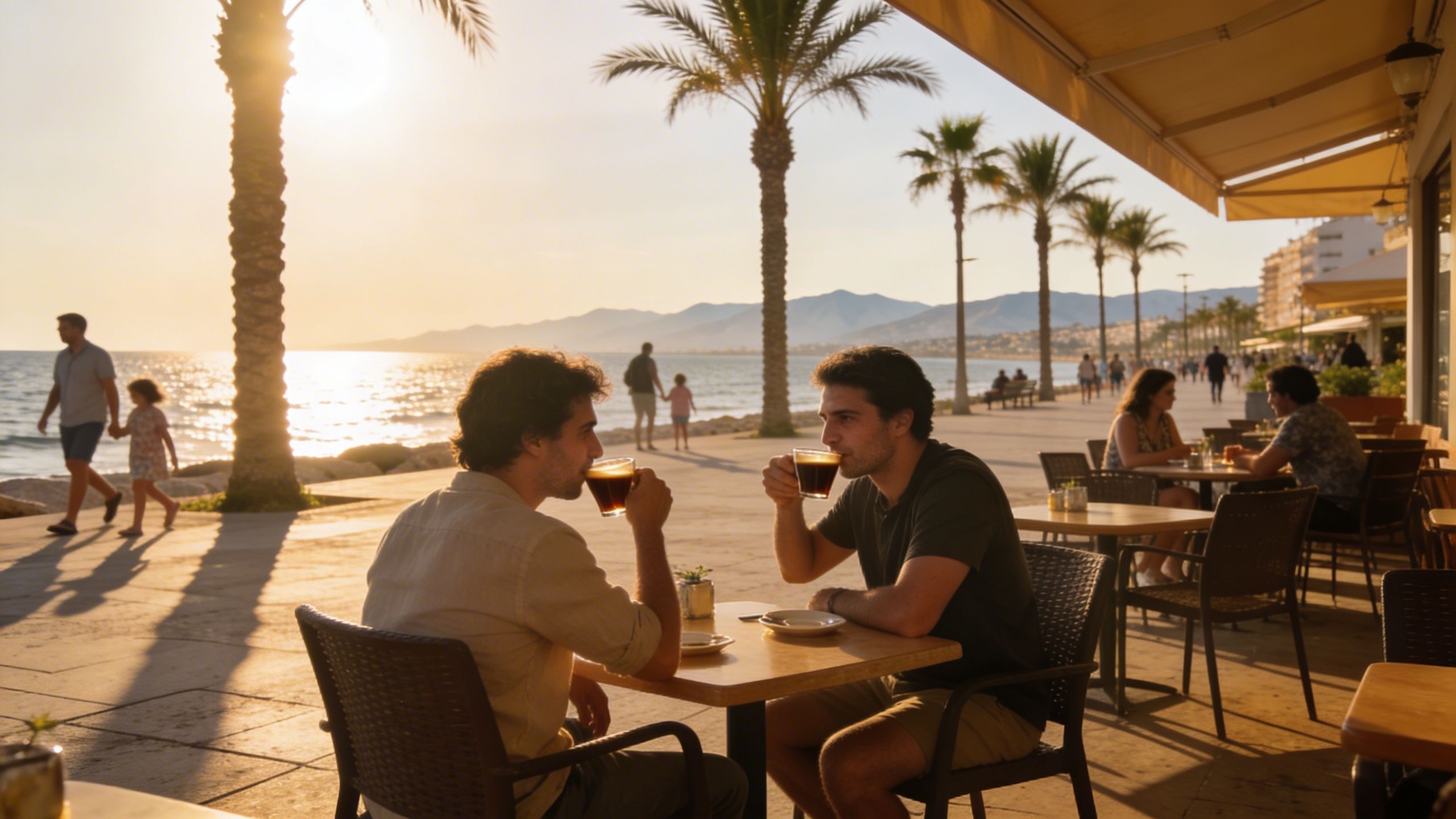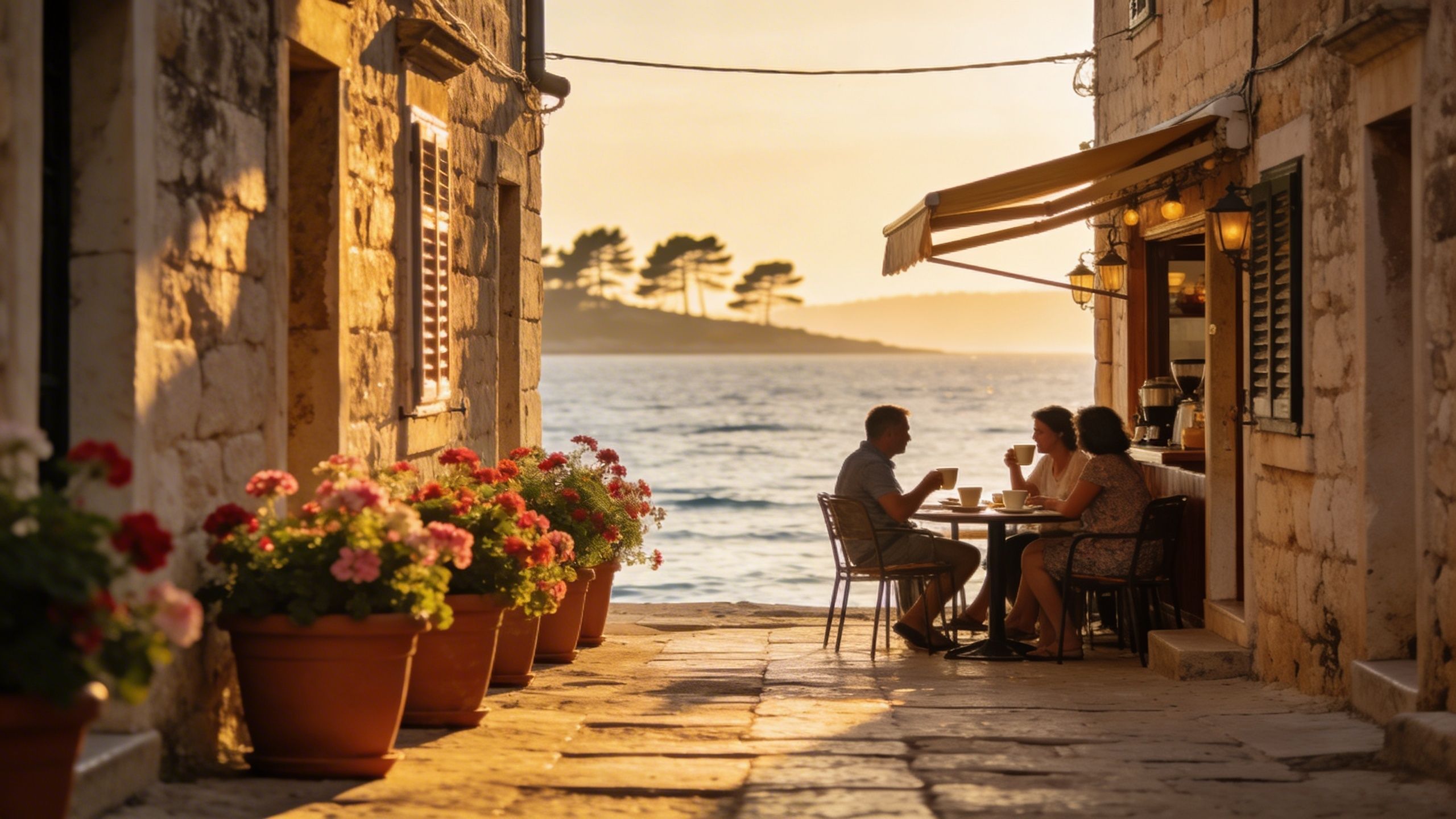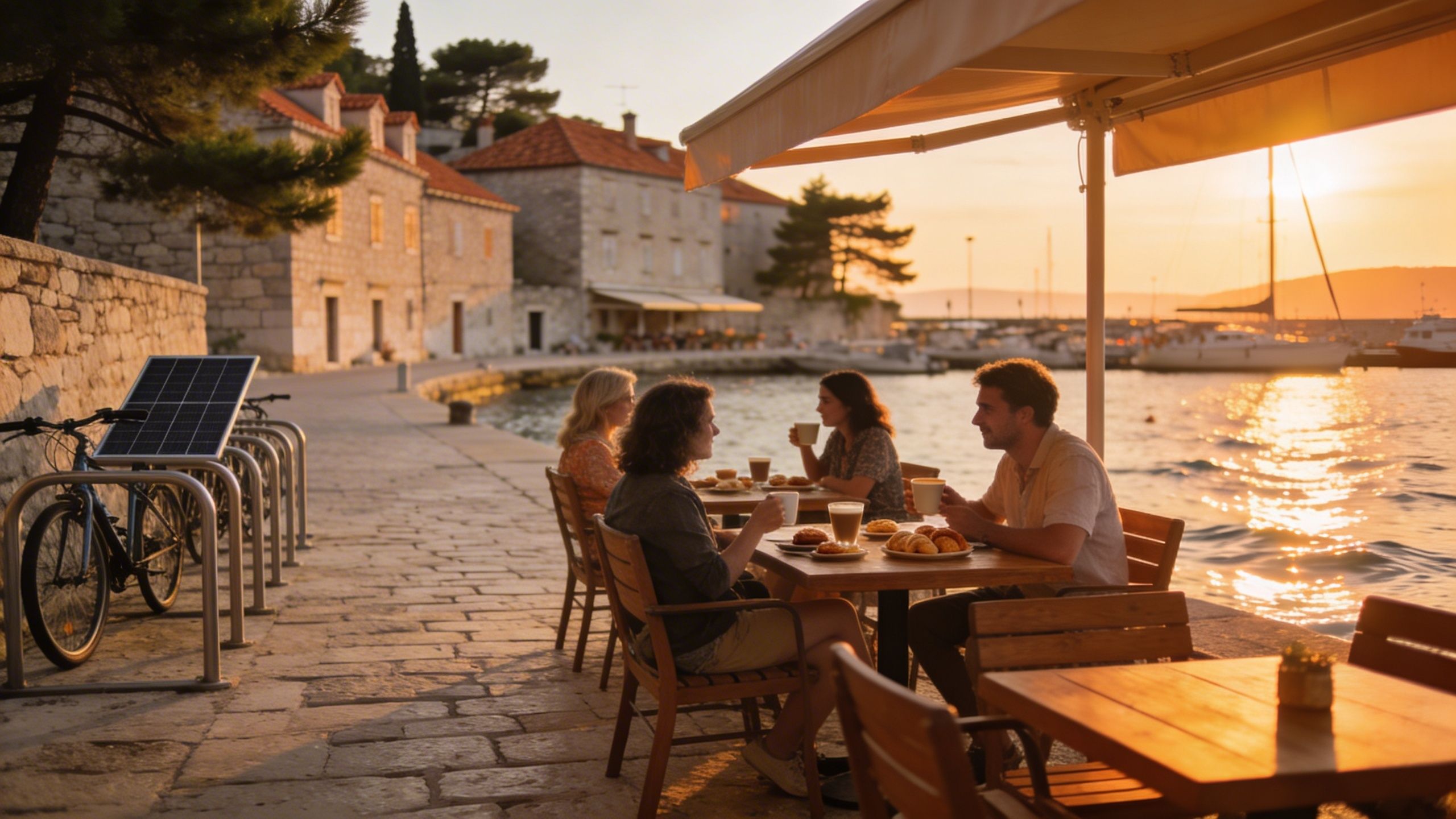Don't Chase Summer: When to Negotiate & Close in Croatia
Why summer viewings can mislead buyers in Croatia—use off‑peak timing, local expertise and sustainable stewardship to negotiate smarter and protect value.
Imagine sipping an espresso on Split’s Riva at 8am, the sea silvered and cafes filling with locals — and realising the scene you fell in love with in July is not how life feels for nine months of the year. In Croatia the summer spectacle shapes prices, viewings and seller behaviour. Knowing when to negotiate, close and steward a home here is less about calendars and more about reading season, community rhythm and policy shifts. Recent house‑price data show rapid regional growth; timing and local stewardship choices now materially change what you pay and how much you love living here. (See Croatian Bureau of Statistics for price trends.)
Living the Croatia life — mornings, markets and stone streets
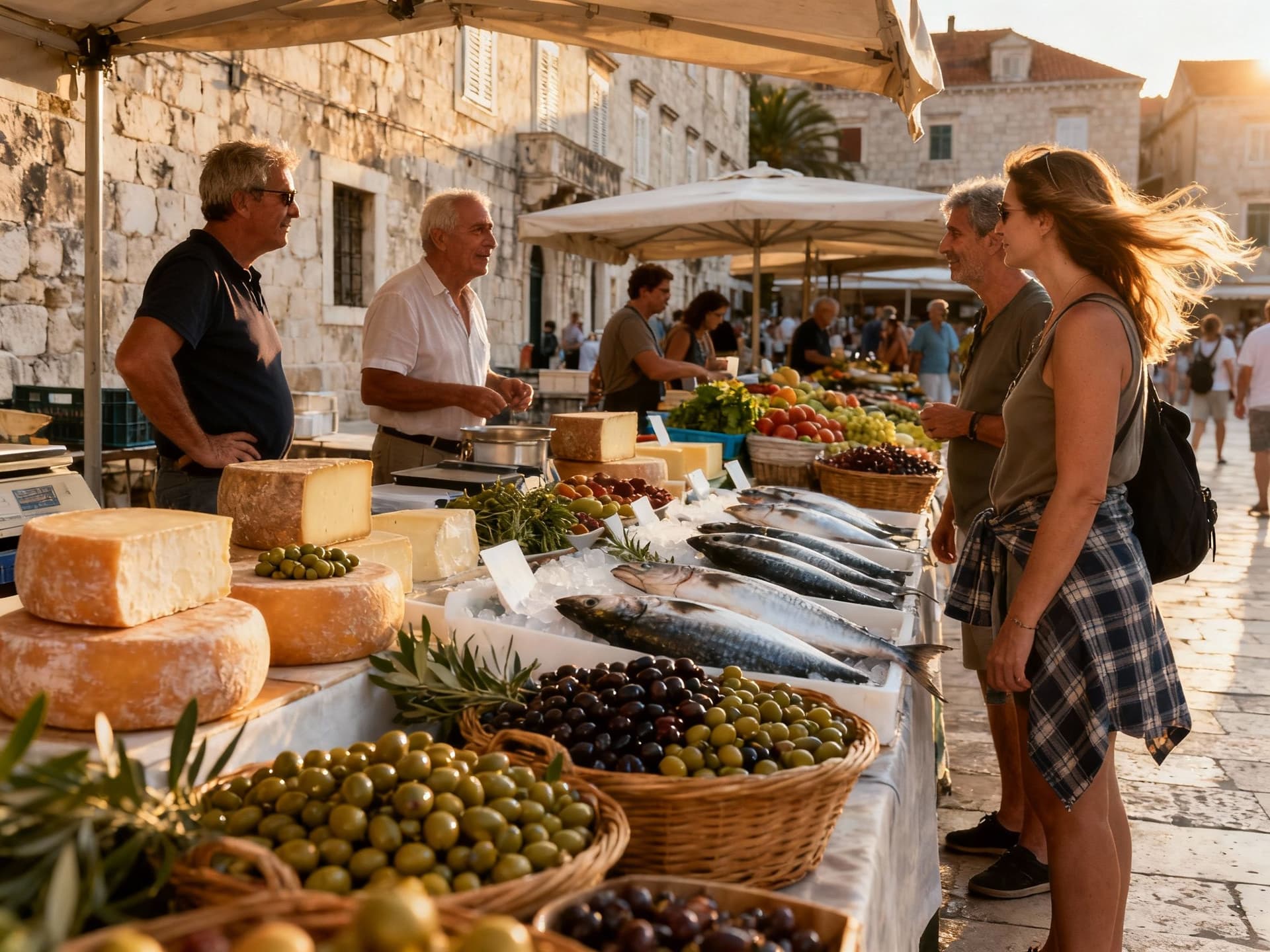
Picture small stone streets in Korčula or Varoš (Split) where bakers set out warm burek and locals linger over long coffees. Weekends mean markets in Zadar’s foreshore square and family dinners that stretch into the night. That everyday intimacy is the heartbeat buyers pay for — not the summer crowd. Living here means accepting seasonal swings: quiet autumn olive harvests, a lively festival calendar, a lull of island winter storms and the busyness of July and August when tourism briefly rewrites daily life.
Neighborhood spotlight: Varoš and Sustipan, Split
Walk Varoš at dawn and you’ll see elderly men repairing fishing nets, students on bicycles and laundry hung like banners between limestone buildings. Sustipan’s clifftop parks offer quiet sea views and community picnics. These micro‑neighbourhoods show why buyers who prioritise local life often choose proximity to small squares, bakeries and the morning rhythm — even when it costs a bit more in time and money to restore an older stone house with sustainable retrofits.
Food, festivals and the season that matters
From Pula’s spring film festivals to Istria’s autumn truffle weeks, Croatia’s calendar is tactile and edible. If you dream of farm‑to‑table life, visit during olive pressing or late‑autumn markets — you’ll meet producers, taste local olive oils and see how properties sit within working landscapes. Festival season can seduce, but it’s the quieter months that reveal whether a place supports the lifestyle you want.
- Lifestyle highlights to seek out (real places and experiences)
Morning market ritual: Zadar’s fish and produce market — buy, chat, know your neighbours
Sunset routines: Walks along Split’s Riva, then aperitivo in an old konoba (tavern)
Hidden coves: Cres or Vis for low‑tourist seasons and authentic island life
Making the move: practical timing, negotiation and sustainable stewardship
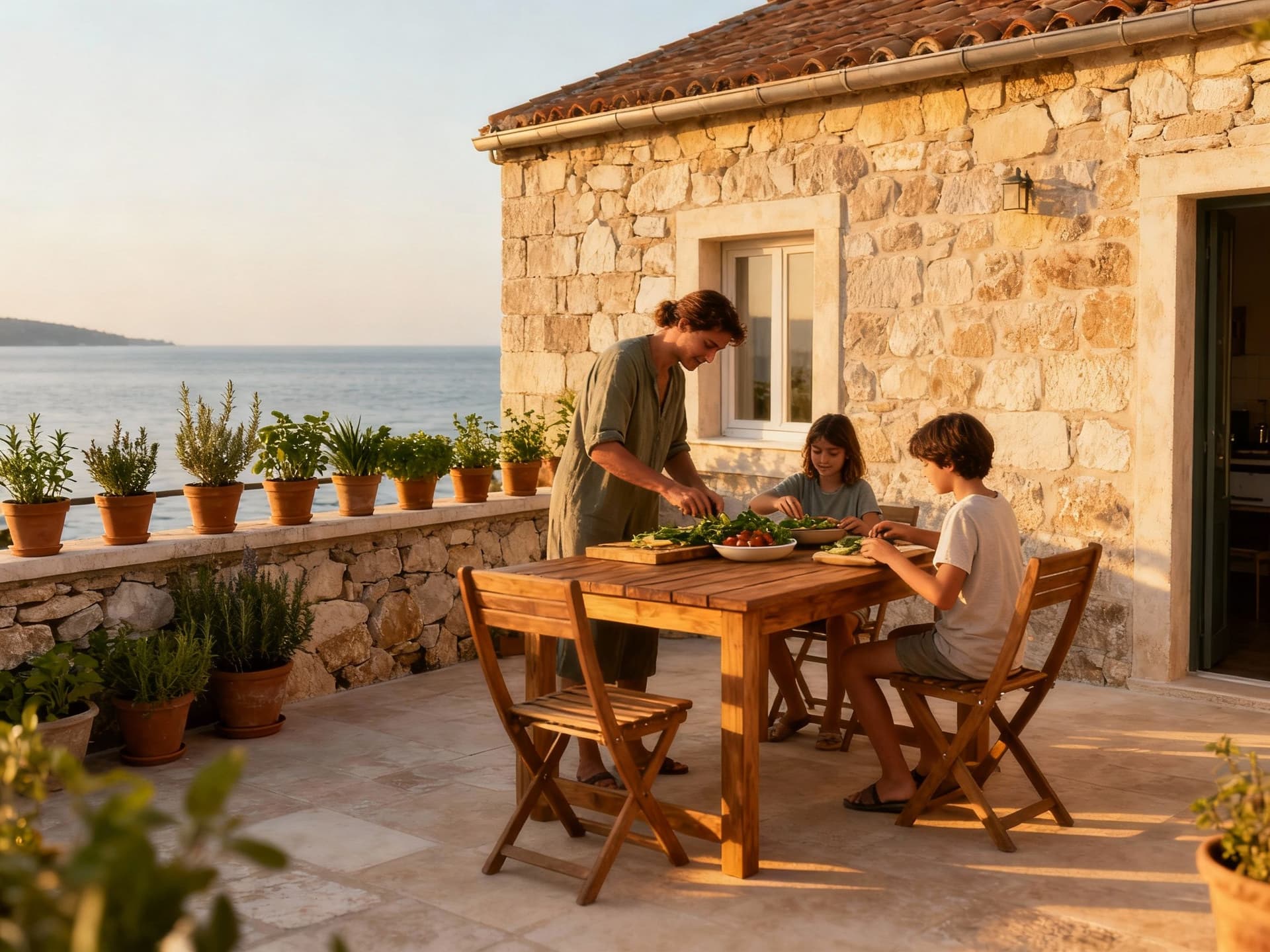
Here's the practical pivot: Croatia’s housing market has strong seasonal demand, coastal price growth and policy shifts aimed at reining in short‑term rentals. That combination means closing in the obvious high‑season can cost you money and a lifetime of stewardship obligations. Instead, thoughtful buyers use off‑peak viewings for negotiation leverage while planning sustainable upgrades that protect value — from greywater systems to native‑plant landscaping.
Property styles and how they shape daily life
Stone restorations, modern coastal villas and converted agricultural homes each demand different stewardship. A Dalmatian stone house calls for breathable lime mortars and careful thermal retrofits; a new build can offer solar readiness and higher energy efficiency. House prices rose sharply in recent years along the coast, so weigh renovation timelines and sustainable upgrades into your negotiation — they are part of the true cost and of long‑term value, according to national indices showing double‑digit annual growth in many regions.
Working with local experts who know seasons and sustainability
An agency that understands olive‑grove microclimates, island water restrictions and municipal restoration rules is invaluable. They’ll tell you whether an old stone roof needs a full tie‑beam repair, whether you can add solar panels without heritage permissions, or which neighbourhoods have active resident associations that protect local character. Think of local agents as stewards who connect lifestyle intent to practical permits and conscious renovation partners.
- Steps to negotiate and close with sustainable stewardship in mind
Visit outside high season to see real daily life; collect multiple quotes for renovation and energy upgrades.
Ask sellers for utility records and short‑term rental history; use them to model sustainable retrofit payback.
Build clauses into contracts requiring handover of local service contacts (well driller, olive press, eco‑builder).
Negotiate a phased stewardship plan — some sellers accept lower price for a quick closing if buyer takes on listed repairs.
Insider knowledge: expat truths, red flags and seasonal surprises
Expats often tell the same stories: they loved the summer visit, closed quickly, then discovered a cascade of local issues — overloaded septic systems, seasonal water shortages on islands, or municipal rules limiting short‑term rentals. Meanwhile, Croatia’s policy conversations about property taxes and short‑term rental controls mean buyers should factor in likely regulatory changes when calculating returns and stewardship commitments.
Cultural integration: how to become part of the place
Learn a few words of Croatian, join a local produce co‑op, and attend a church festival or olive press day. These small cultural investments unlock neighbours’ trust and smoother stewardship. Reciprocity rules for non‑EU buyers also affect timing and paperwork, so align cultural integration with legal readiness — both speed up practical acceptance in a tight‑knit community.
Red flags every buyer should watch for
No recent utility bills or unknown water rights
Unclear property boundaries or missing cadastral documentation
Seller insists on July/August closing and limits viewings — high‑season pressure tactic
Promises of easy conversions for tourism use without municipal confirmation
If you meet these signs, pause. Engage an independent local surveyor, ask your agent for municipal confirmation in writing, and model refurbishment costs with an eco‑builder before signing.
Conclusion: fall in love with the place, not just the high‑season performance
Croatia rewards patient stewards. See beyond the summer spectacle, visit in shoulder months, work with agents who understand seasonal markets and sustainable retrofits, and fold stewardship into your negotiation. Do that and you buy more than a house — you inherit a community and the rhythms that make life here quietly extraordinary.
British expat who traded Manchester for Mallorca in 2017. Specializes in guiding UK buyers to luxury Spanish estates with clear navigation of visas and tax.
